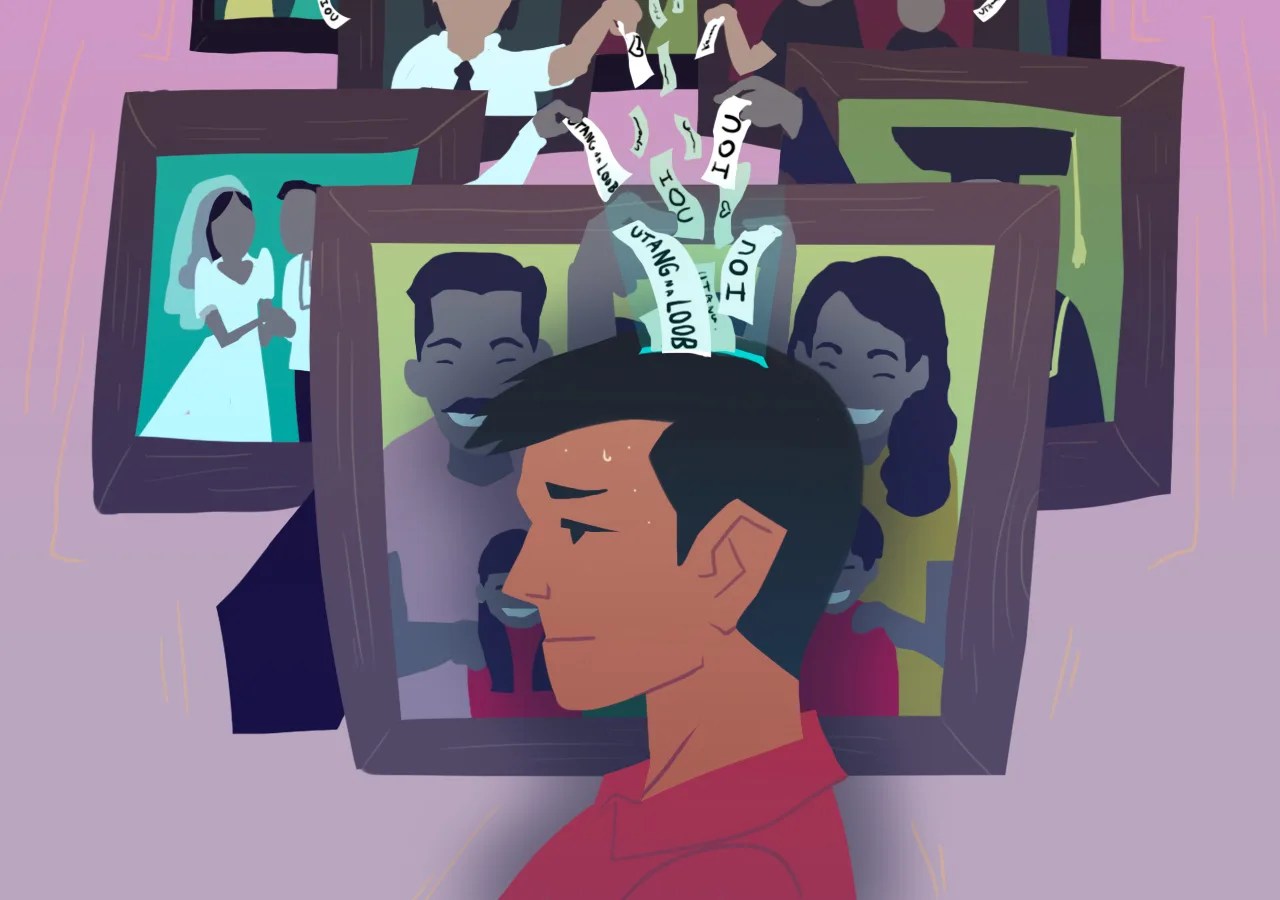Navigating the Complexities of 'Debt of Gratitude' in Filipino Culture
Have you ever felt indebted to someone for their kindness, even if they didn't ask anything in return? This feeling of deep obligation, often translated as "debt of gratitude," plays a significant role in many cultures, particularly in Filipino society where it's known as "utang na loob." But is this sense of obligation always straightforward, or can it create complexities in relationships?
In Filipino culture, "utang na loob" is more than just saying thank you; it's an unspoken agreement, a web of reciprocity that threads through families, friendships, and even business dealings. Imagine a scenario where a family friend lends you a significant sum of money during a financial hardship, refusing any interest or specific repayment plan. This generous act creates a profound sense of "utang na loob," an obligation to return the favor in the future, even if the nature or timing of that return remains undefined.
The concept of "debt of gratitude" can be traced back to the Philippines' pre-colonial history, rooted in indigenous values of community and mutual support. In a time before formal social safety nets, relying on one's community was essential for survival. This reliance fostered a strong sense of interdependence and obligation, ensuring that help provided was met with future assistance when needed. This deeply embedded cultural value, passed down through generations, continues to shape interpersonal dynamics in Filipino society today.
While rooted in positive intentions of reciprocity and mutual support, "utang na loob" can sometimes lead to complicated situations. For instance, imagine a young professional who feels obligated to accept a job offer from a family friend, even if it doesn't align with their career aspirations. The weight of "utang na loob" can sometimes overshadow individual desires, leading to difficult choices between personal goals and perceived social obligations.
Furthermore, "debt of gratitude" doesn't always involve tangible exchanges. Imagine a politician who received significant support from a particular community during their campaign. This support creates a sense of "utang na loob," an unspoken obligation to prioritize that community's needs and interests once in office, even if it requires navigating complex ethical or political considerations.
Advantages and Disadvantages of Utang na Loob
To fully understand "utang na loob," it's crucial to consider both its positive contributions and potential drawbacks. Let's delve into the advantages and disadvantages of this intricate cultural concept:
| Advantages | Disadvantages |
|---|---|
| Strengthens community bonds | Potential for abuse and exploitation |
| Promotes a culture of helping and reciprocity | Can lead to feelings of indebtedness and pressure |
| Encourages gratitude and appreciation | May hinder individual decision-making and autonomy |
Navigating the nuances of "utang na loob" requires cultural sensitivity and understanding. While it's a powerful force in Filipino society, fostering strong communities and mutual support, it's crucial to be aware of its potential complexities to ensure that relationships remain healthy and balanced.
Ultimately, understanding "utang na loob" offers a fascinating glimpse into the values and social dynamics of Filipino culture, highlighting the intricate ways in which gratitude, obligation, and reciprocity shape human interactions.
Island rhythms capturing the essence of music concerts in honolulu
Kristi noem no going back is south dakota leading the way
Singing handle me with care at karaoke a guide








